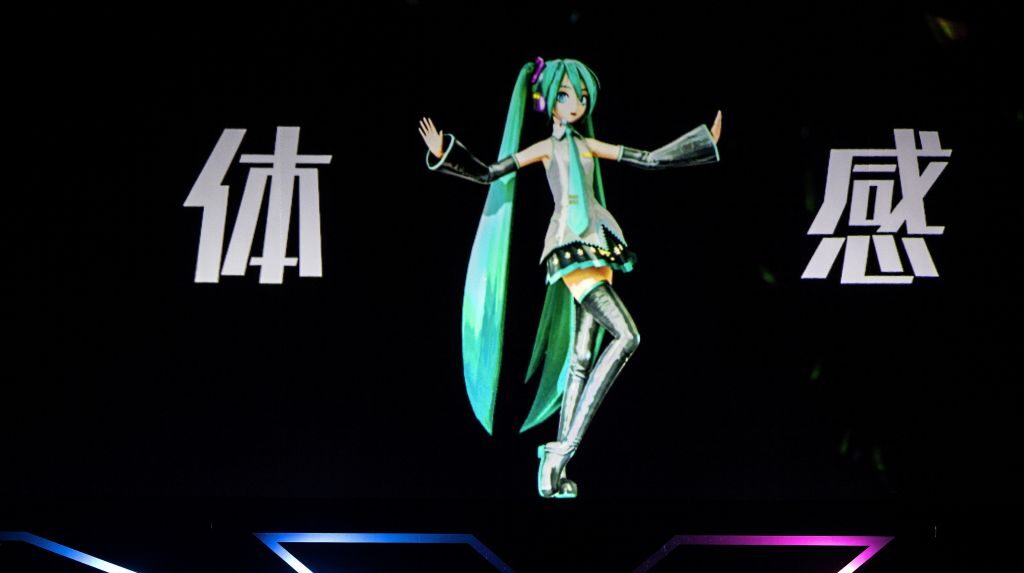
The Chinese government has issued a state-sanctioned report warning internet companies to be cautious when seeking to deploy so-called “virtual idols” – synthetic celebrities intended to gain large human fan bases – in the possibly-forthcoming digital metaverse.
In its report published to the QQ platform on Monday, The People’s Daily Online Public Opinion Data Center, part of state mouthpiece The People’s Daily, warns of “inherent risks” in the metaverse market. Aimed at creators of virtual singers and video streamers, the report warns of capital manipulation and monopoly tension in the metaverse, a theme described by GlobalData social media research as a “virtual world where users share experiences and interact in real-time within simulated scenarios”.
The publication, titled “The Prospective Research Report on Public Opinion Risk Management in the Virtual Idol Industry”, also warns of “public opinion bubbles” hyping metaverse interest beyond reality. Since Facebook’s relaunch as Meta late last year, metaverse hype has been hard to avoid in business circles, even as the virtual reality tech needed for the idea to take off continues to be poorly taken up.
By contrast, the business of virtual singers and video streamers is already in full swing in China. According to consultancy iiMedia research, the “virtual idol” market reached 3.46 billion yuan ($540mn) in 2020, up 70.3% from 2019. Thanks to metaverse hype, that value is expected to reach nearly 107.49 billion yuan ($17bn) in 2021.
It’s perhaps unsurprising therefore that Beijing is getting involved in the sector. The state has already imposed its will in the world of real human idols, cracking down on the country’s “chaotic” fan culture last summer and taking popular Chinese idol show “Youth with You” off the air in August.
Virtual idols may not be safe from censorship either, it seems, with the report vaguely noting some virtual idols are “used to engage in illegal activities”, “may affect and impact social cohesion and values” and pose a risk through promoting the same intense fan culture reserved for human idols.

US Tariffs are shifting - will you react or anticipate?
Don’t let policy changes catch you off guard. Stay proactive with real-time data and expert analysis.
By GlobalData“The problem of virtual idols in cyberspace may lead to a crisis of trust in real-life society,” the state-sponsored report claims.
Ultimately though, the Chinese state may be protecting businesses from an industry that is still ill-defined. A big reason behind the explosion of metaverse companies is that there are no real standards for it yet, as Rupantar Guha, principal analyst at GlobalData’s thematic research team, told Verdict in November.
“Everybody is trying to make their expertise fit the metaverse or develop something that will represent it, but there is no standard for anything right now,” he says, adding that the lack of definition means most companies can effectively make the metaverse whatever they want it to be.
Guha believes market watchers will have to wait for some time yet before there is a clear definition of what is and what isn’t a metaverse technology.
“It’s very, very early stages,” he says. “There is a long way to come – like five years, six years, seven years. There is no certainty when we will see a true metaverse in its truest form and understand what the underlying technologies and underlying practices are going to be.”







